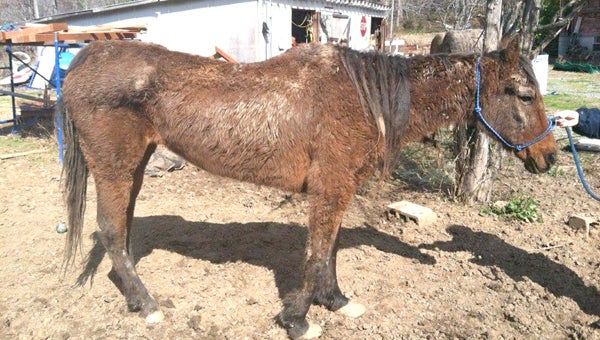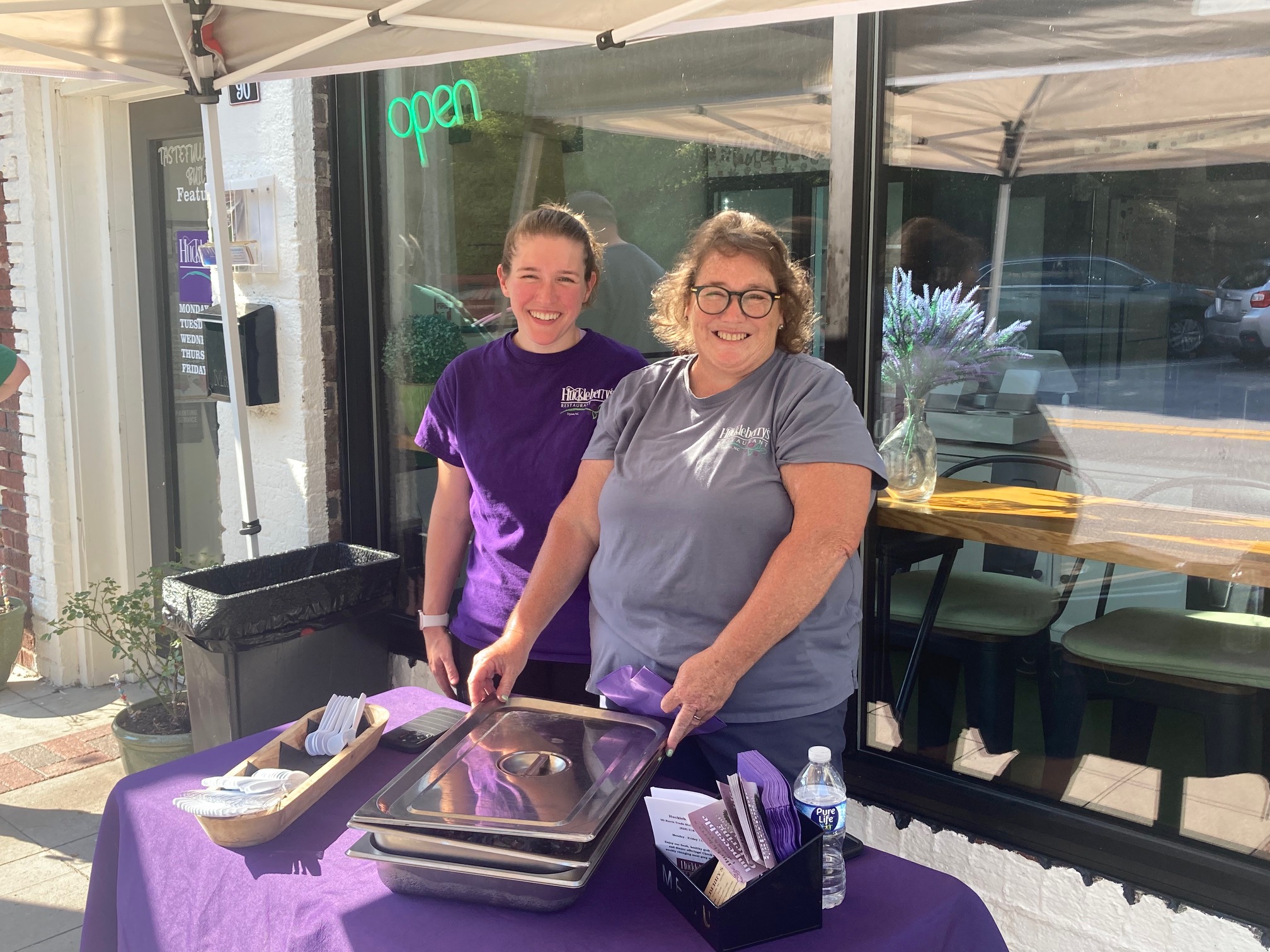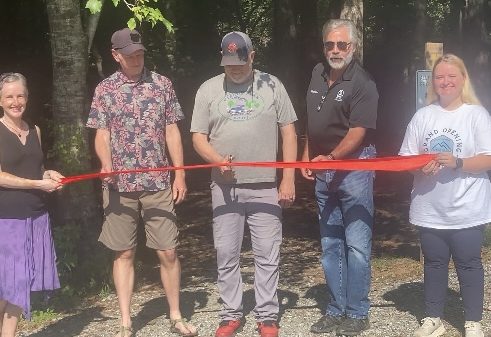Six equines impounded in Lynn
Published 6:00 pm Thursday, February 16, 2012

One of the six equines that were impounded from a Lynn property recently. (photo submitted by Margo Savage)
Animal cruelty investigators impounded six equines last week from a property in Lynn, having to euthanize one of the horses because of starvation.
Investigator Margo Savage said the living conditions of the four horses, one pony and a donkey were “horrific.”
“Three of the other animals were knee deep in feces and urine, but unfortunately that is not against the law in Polk County,” Savage said. “They were in dismal living conditions, but what is illegal is the fact that none of them had food or water.”
In this case, a utilities worker had visited the property in Lynn to read a meter and had seen one of the horses lying down and barely moving. Savage said the man had the feeling that the horse was dying and called animal control.
Savage said when animal cruelty investigators arrived on scene they found the animals were very thin.
Deciding when an equine is too thin is based on a scale of 1-9. Equines, Savage said, should fall optimally around a 5, based on their weight. She said many equines could be considered in perfect health at a 4, because some simply are thinner than others. But she said animal cruelty investigators become concerned when an equine registers at a 3 on the scale. At this point the equine’s ribs can typically be seen sticking out from their bodies.
Savage said most of the impounded equines registered at a 2 on the scale, but the one horse that had to be euthanized was a 1, meaning it was starving to death.
The equines on this property were living without water or food, Savage said. The only source of water near one horse was a bucket of water covered with green slime. She said another horse was free on the property and was in good shape, but there was an open gate to the road, which Savage felt could have allowed the horse to run out onto Hwy. 108 at any time. Savage said one horse was in a 30’x30’ pen with nails and scaffolding surrounding it.
After investigators surveyed the situation they called the magistrate, who issued the seizure order.
“We need help in having people report animals in these situations and we need to let them know we are here and available to help,” Savage said.
Savage said it’s important for community members to know their names are not disclosed when reporting potential animal cruelty.
Six animal cruelty investigators work Polk County, with several of them being trained especially to work with equines. Savage said the investigators get about 10 calls a month and while most of them do not warrant their intervention, she said she’s glad people make the calls all the same.
“Give us a call – I’d rather check 100 calls that are okay to get the one that needs help,” Savage said.
Savage encouraged people not to give potentially starving animals food or water before an investigator can reach the animal. If the investigator sees food and water on site they cannot report that the animal was not being cared for properly.
Savage said FERA is always looking for additional foster homes willing to take in these rescued equines when necessary.
Anyone who needs to get in touch with FERA or one of the animal cruelty investigators can do so by contacting the Foothills Humane Society at 828-863-4444.





